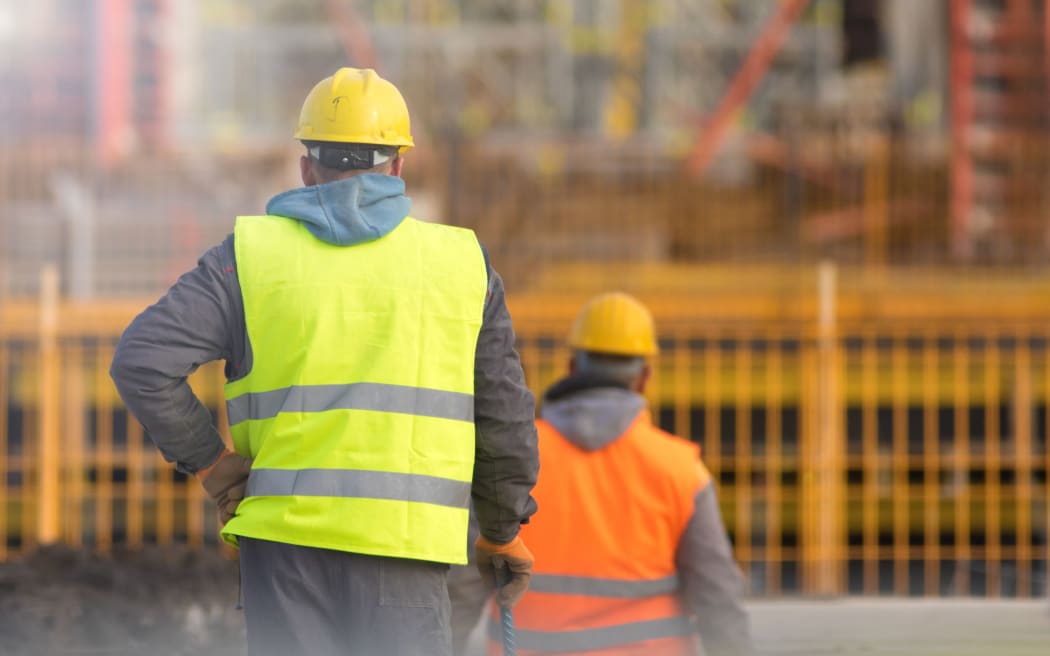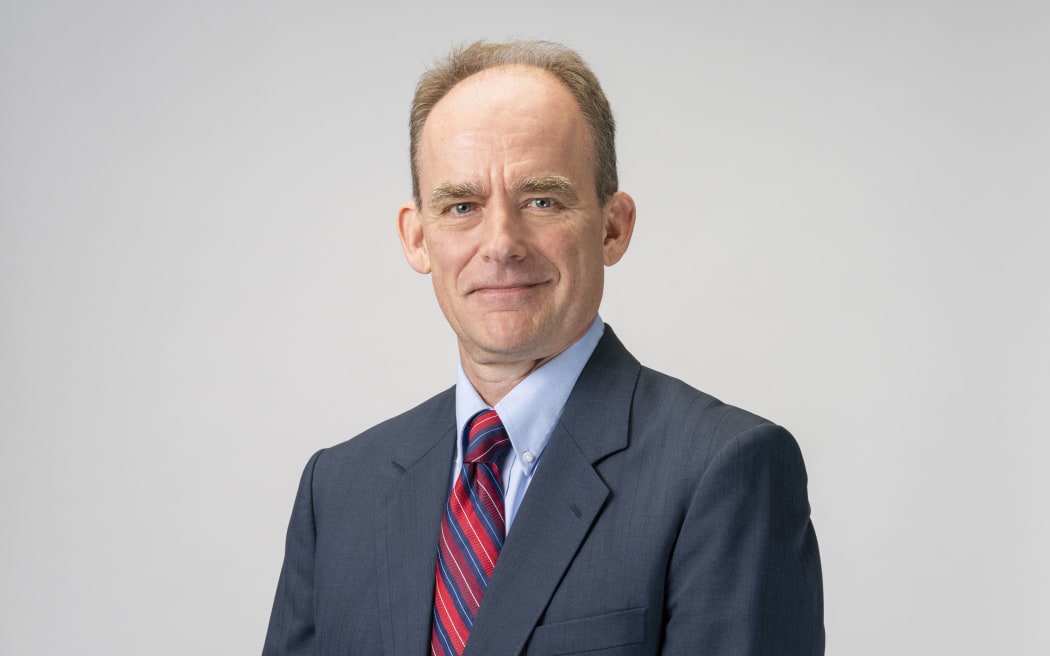Navigation for News Categories
Among the challenges for New Zealand was maintaining a strong labour market, Standard & Poor’s global chief economist said.
Photo: 123RF
The hope for a soft economic landing rests on the ongoing strength of the labour market, according to a world-leading macro economist.
Standard & Poor’s global chief economist Paul Gruenwald said New Zealand’s economic challenges were much the same as those facing the world’s biggest economy, the United States.
He said the focus for both must be on getting inflation under control, completing the Covid-19 recovery and maintaining a healthy labour market.
“That’s critical for a soft landing. So if we have strength in the labour market, people have jobs. They think they’re going to continue to have jobs. Wage growth is good. That’s gonna allow the authorities to tap the brakes gently, and we can kind of slow down to the steady-state path,” Gruenwald said.
“What we’re worried about is the hard landing – if firms start to shed labour very quickly, and then the bottom falls out of demand, and then we get an undershoot.”
However, he said there was evidence of “hoarding” of staff by firms, as highly-skilled workers would be difficult to replace, which was a positive for the economic outlook.
Gruenwald said New Zealand’s economy was in good shape, but growth would continue to be soft given the mixed fortunes of the world’s biggest economies.
“The US is probably the major economy that’s overheating. It’s just running a bit hot.”
He said the United States needed to find its way back to a sustainable path, which would include lower inflation and balanced employment.
Standard & Poor’s global chief economist Paul Gruenwald.
Photo: Supplied
“Europe is probably a bit below that path. They are flirting with zero growth. They have an inflation problem, but I wouldn’t argue that they’re overheated.”
He said Europe was also dealing with the shock of Russia’s invasion of Ukraine more than the US was.
“And China’s been a bit of a disappointment. We were all a bit optimistic when the Party Congress announced last November that the Covid restrictions were coming off.”
However, weakness in China’s property market had taken the shine off the recovery, with a downturn in consumer confidence and high youth unemployment.
“The whole story of the Chinese bounce has faded. So we think the Chinese authorities are actually in danger of missing their 5 percent growth target this year.”
Gruenwald said the weak Chinese economy was a risk for New Zealand’s consumer focused exports, such as meat and dairy.
“That’s probably less volatile than say demand for iron ore, but it’s probably also a little bit under pressure right now.”
On the other hand, he said New Zealand had a track record of playing to its strengths as a small open export economy.
“It’s a good export economy. It’s very competitive. It’s got a good policy framework. Debt is relatively low. You have a good central bank, and I think the authorities know that the economy needs to be flexible.
“A small economy needs to be able to roll with the punches and the way that a country like New Zealand does that is through the exchange rate. So, you know, the Kiwi dollar moves up and it moves down and the exporters know how to deal with that.”
He said New Zealand should focus its efforts on building up its domestic economy until the dominant American, Chinese and European economies recover – expected in 2024 or 2025.
“That’s probably the best we can do for the next six to 12 months. We’re gonna have to wait for global recovery to pick-up before New Zealand can pick up.”
Get the RNZ app
for ad-free news and current affairs


>>> Read full article>>>
Copyright for syndicated content belongs to the linked Source : RNZ – https://www.rnz.co.nz/news/business/497997/strong-labour-market-controlling-inflation-the-focus-for-nz-top-economist












